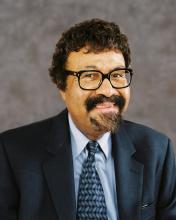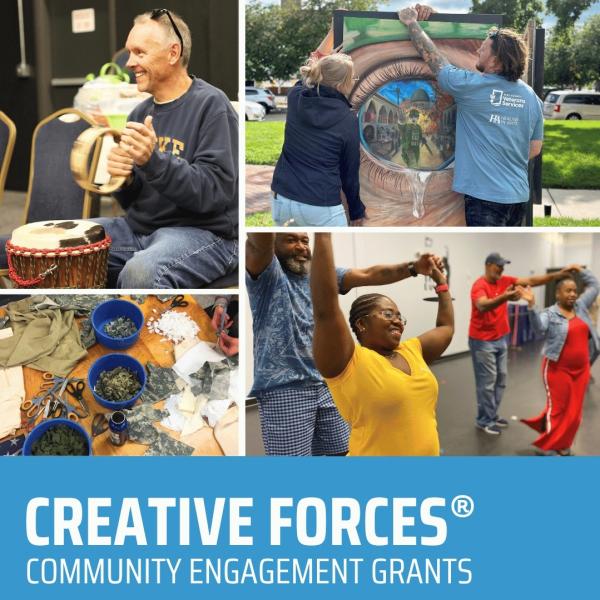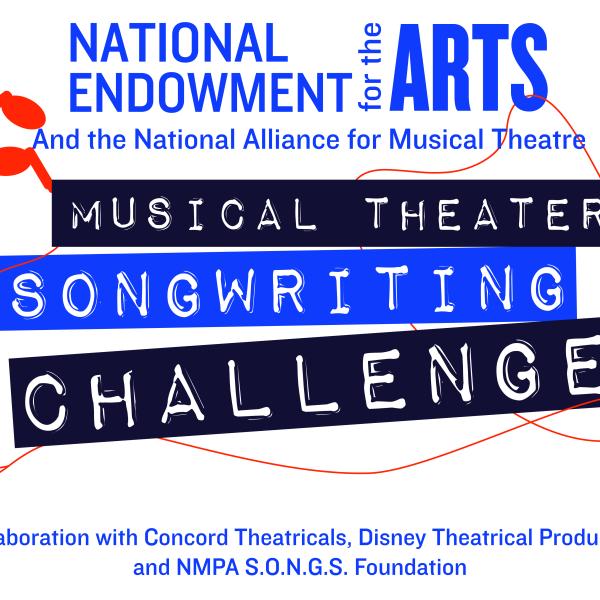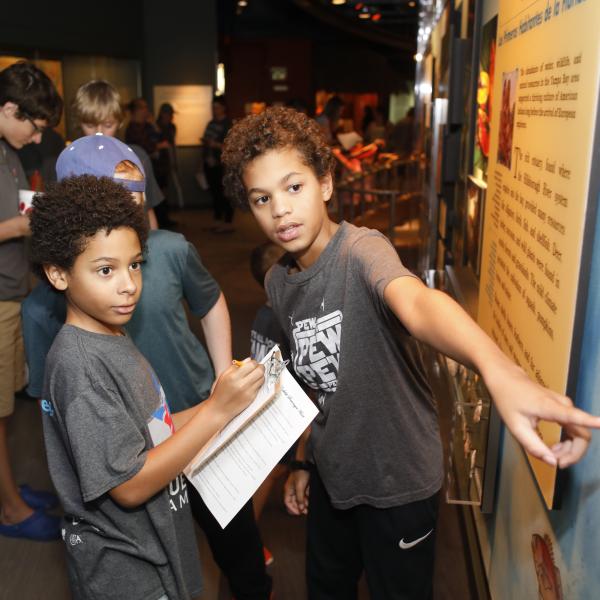National Endowment for the Arts Statement on the Death of NEA Jazz Master David Baker
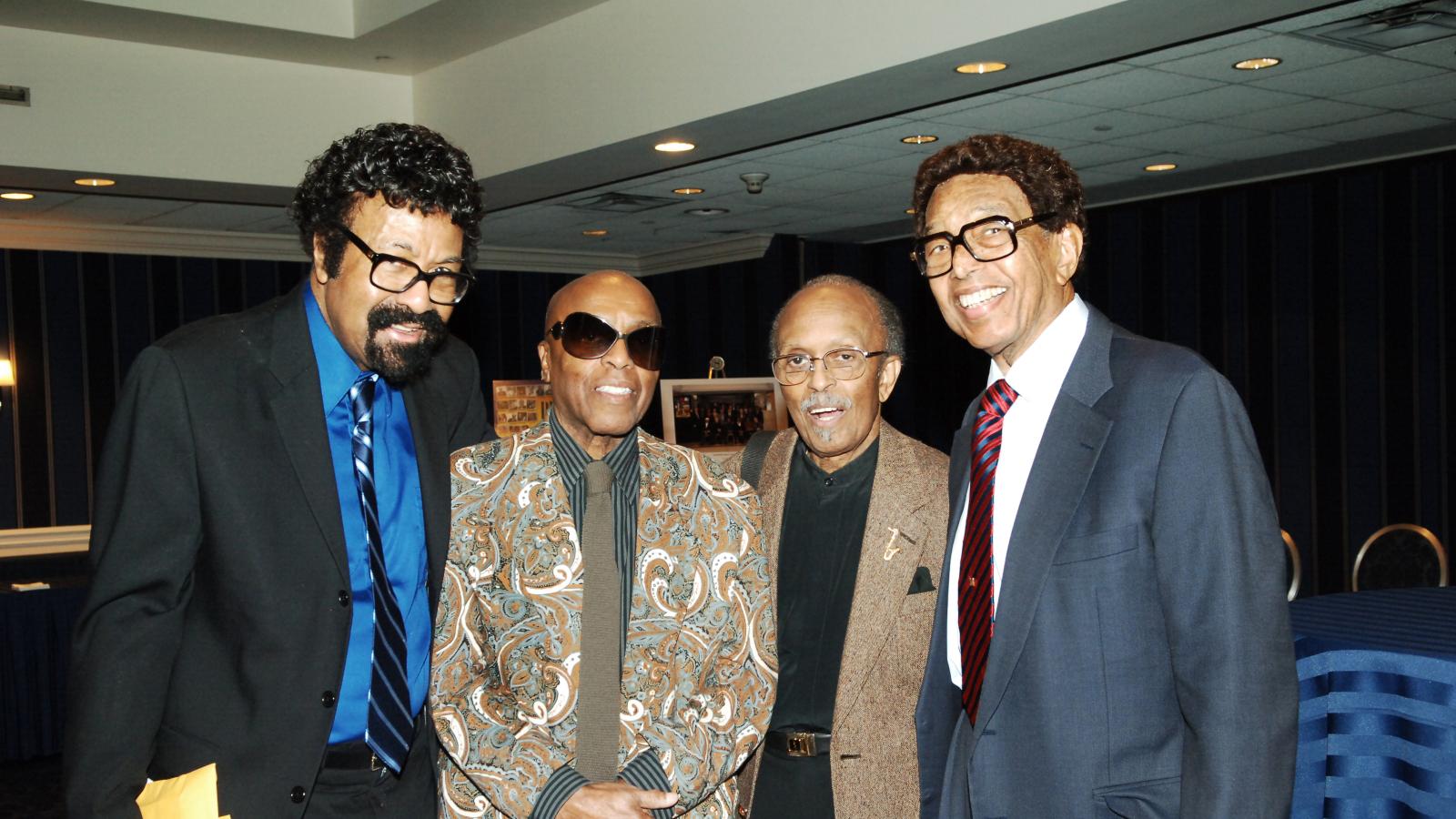
It is with great sadness that the National Endowment for the Arts acknowledges the passing of David Baker, recipient of a 2000 NEA Jazz Masters award, the nation’s highest honor in jazz. A true jazz renaissance man, David Baker was active in the jazz community as musician, composer, educator, conductor, and author. Of all the NEA Jazz Masters, he was one of the most active as a college and university educator.
Baker’s career began as a trombonist, working with musicians such as NEA Jazz Masters Lionel Hampton and George Russell, on whose early albums Baker's trombone playing displayed exceptional technique, utilizing avant-garde effects to enhance the songs. An accident to his jaw eventually forced Baker to abandon his promising career as a trombonist and he switched to the cello. As a composer he contributed a broad range of works, from small ensemble pieces to orchestral works, often straddling the fence between jazz and chamber music.
Baker became a distinguished professor of music at Indiana University and chairman of the Jazz Department in 1966. He has published in numerous scholarly journals and wrote several musical treatises as well as more than 2,000 compositions, 500 commissions, 65 recordings, and 70 books on jazz and African-American music. Baker was the artistic and musical director of the acclaimed Smithsonian Jazz Masterworks Orchestra from 1990-2012. He was nominated for a Pulitzer Prize in 1973 for his composition Levels, and received an Emmy Award for his musical score of the PBS documentary For Gold and Glory. He served as a member of the NEA's National Council on the Arts, was founding president of the National Jazz Service Organization, and served as president of the International Association for Jazz Education.
In a 2010 podcast with the National Endowment for the Arts, Baker discussed the changes in jazz he saw over the course of his career: “[T]o me, that's the thing that makes it so exciting and makes it so important, it isn't frozen. It's, like I said, a living organism. And what seems like immutable truth, five years later we find out that that really isn't it at all, or that it has changed so much that you don't even recognize what it was when it was at that other place. But as a teacher, the thing that is great for me, and I think other teachers, is that we are the repositories of that information…. The facts don't change. What happens is our perception and how it affects other people, how it has been modified by new information, is so important, so that we don't get frozen and think that music stopped at a particular time.”
For more information on David Baker, including this podcast, visit arts.gov.
Contact
NEA Public Affairs
202-682-5570


